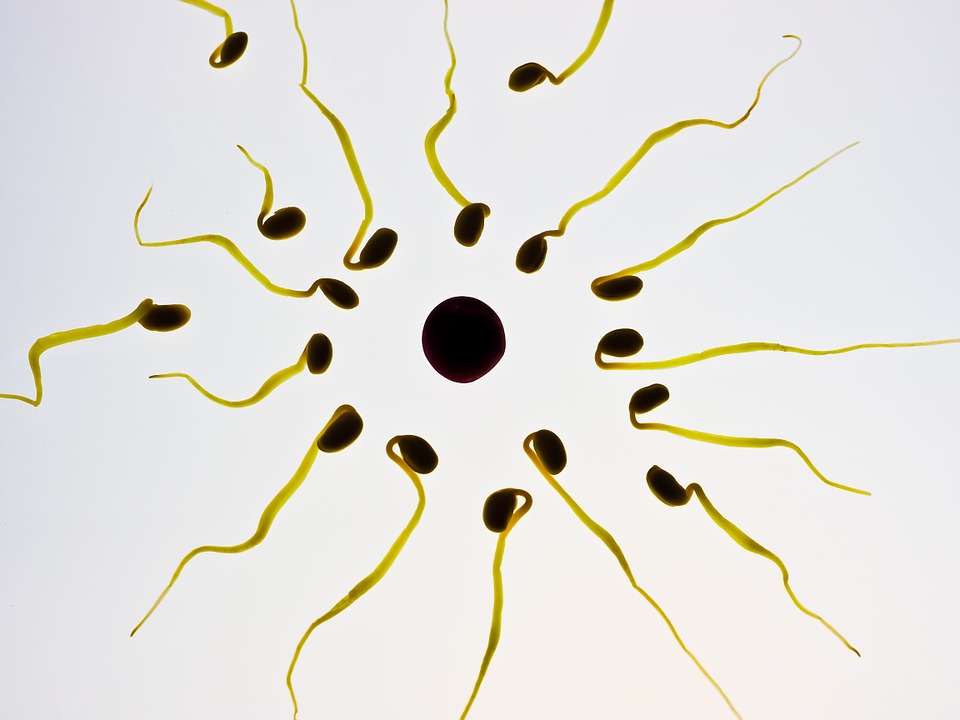Scientists Attempt Controversial Experiment To Edit DNA In Human Sperm Using CRISPR
By Rob Stein,
NPR
| 08. 22. 2019
In the estimation of many scientists, editing DNA in sperm raises the same troubling questions as editing DNA in embryos. Would it ever be safe to make babies that way?
First it was human embryos. Now scientists are trying to develop another way to modify human DNA that can be passed on to future generations, NPR has learned.
Reproductive biologists at Weill Cornell Medicine in New York City are attempting to use the powerful gene-editing technique called CRISPR to alter genes in human sperm. NPR got exclusive access to watch the controversial experiments underway.
The research is aimed at finding new ways to prevent disorders caused by genetic mutations that are passed down from men — including some forms of male infertility. The team is starting with a gene that can increase the risk for breast, ovarian, prostate and other cancers.
The experiments are just starting and have not yet been successful. But the research raises many of the same hopes — and fears — as editing the DNA of human embryos. Nevertheless, the researchers defend the work.
"I think it's important from the scientific point of view to investigate in an ethical manner to be able to learn if it's possible," says Gianpiero Palermo, a professor of embryology...
Related Articles
By Diaa Hadid and Shweta Desai, NPR | 01.29.2026
MUMBRA, India — The afternoon sun shines on the woman in a commuter-town café, highlighting her almond-shaped eyes and pale skin, a look often sought after by couples who need an egg to have a baby.
"I have good eggs,"...
By George Janes, BioNews | 01.12.2026
A heart attack patient has become the first person to be treated in a clinical trial of an experimental gene therapy, which aims to strengthen blood vessels after coronary bypass surgery.
Coronary artery bypass surgery is performed to treat...
By Staff, ScienceDaily | 01.05.2026
Scientists at UNSW Sydney have developed a new form of CRISPR technology that could make gene therapy safer while also resolving a decades-long debate about how genes are switched off. The research shows that small chemical markers attached to DNA
...
Following a long-standing CGS tradition, we present a selection of our favorite Biopolitical Times posts of the past year.
In 2025, we published up to four posts every month, written by 12 authors (staff, consultants and allies), some in collaboration and one simply credited to CGS.
These titles are presented in chronological order, except for three In Memoriam notices, which follow. Many more posts that are worth your time can be found in the archive. Scroll down and “VIEW...




